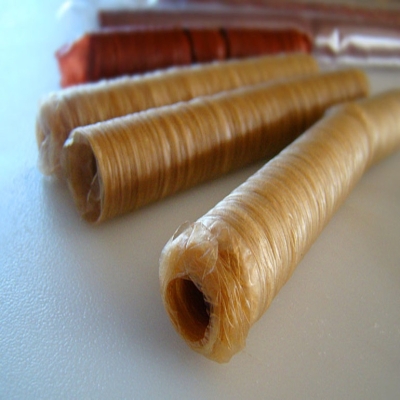-
Categories
-
Pharmaceutical Intermediates
-
Active Pharmaceutical Ingredients
-
Food Additives
- Industrial Coatings
- Agrochemicals
- Dyes and Pigments
- Surfactant
- Flavors and Fragrances
- Chemical Reagents
- Catalyst and Auxiliary
- Natural Products
- Inorganic Chemistry
-
Organic Chemistry
-
Biochemical Engineering
- Analytical Chemistry
- Cosmetic Ingredient
-
Pharmaceutical Intermediates
Promotion
ECHEMI Mall
Wholesale
Weekly Price
Exhibition
News
-
Trade Service
Original title: Toxic or non-toxic? Global Scientific List of Wild Edible Mushrooms Released
The reporter learned on the 1st that the Kunming Institute of Botany of the Chinese Academy of Sciences and Yunnan Agricultural University have cooperated with the team of Professor Xu Jianchu and Professor Sheng Jun, and have made important progress in the scientific research work of global wild edible mushrooms carried out by researchers from many countries, and published the research and evidence-based classification system.
"The demand for new resources of edible mushrooms by urban and rural residents is increasing, and the edible safety of wild mushrooms has also attracted increasing attention
A team composed of researchers from China and the United Kingdom, Brazil, Mexico, Japan, South Korea and other countries systematically collected mushroom edible big data from 99 countries from 1849 to April 2020, including 9783 records of 2786 mushroom species Records; developed a new evidence-based classification system, conducted edible classification research, and finally identified 2,189 edible mushroom species, including 2,006 species that are safe to eat, 183 species that require pretreatment, and 50 species that are poisonous.
The study focused on the distribution and safe edibleness of edible mushrooms at the genus level worldwide, and found that although Russula and Amanita rank among the highest in the number of recorded edible species, they account for only 11 of all their species.
The study reorganized and systematically verified the global edible wild mushroom species classification information, demonstrated the distribution of wild edible mushroom resources around the world and their traditional knowledge system of collection and utilization, and established Asia's leading position in the field of wild edible mushrooms







